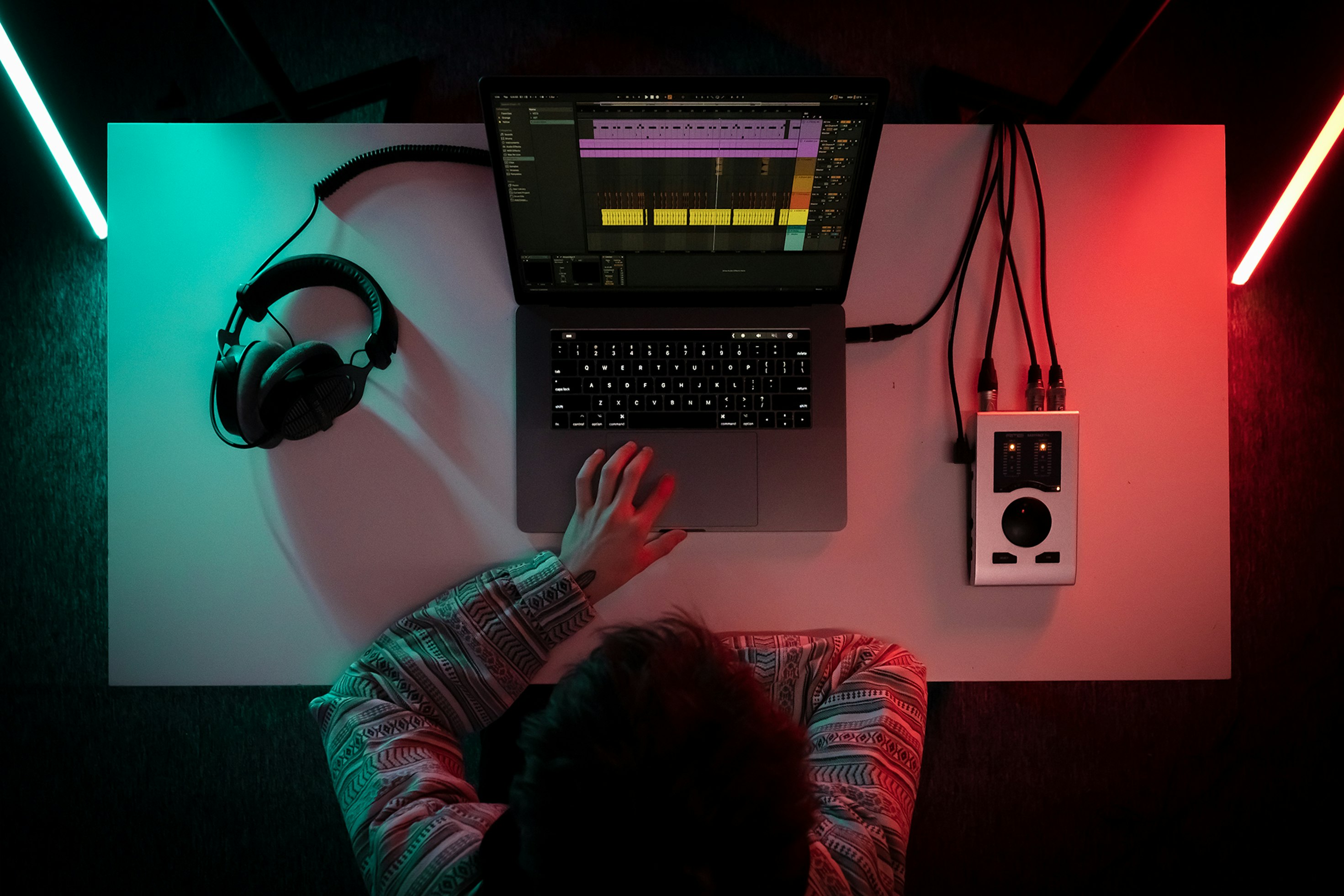You'll always hear modern music producers talking about either VariAudio or Melodyne. Both of these applications have their pros and cons which we are going to take a look at in this article. Although there are many similar applications like Melodyne or VariAudio, these two are widely used by many music producers under various production environments.
Steinberg Cubase's VariAudio
VariAudio may not be an independent plugin but it surely is a fantastic feature, deeply integrated in Steinberg's Cubase. A genuinely useful feature that gives you the power to edit pitch, correct timing and intonation of individual notes, etc., at the ease of its user interface which can be accessed in the commonly used Sample Editor.
Seamlessly working with monophonic recordings, its functionality can be used across many versions of Cubase. Manually, it allows you to have great control over the microscopic details you wish to modify within your project. Unfortunately, VariAudio is limited to pro editions of Cubase, thus limiting its access to other editions like Cubase Elements, Artist and AI, etc.
Based on some reports submitted by Cubase users online, VariAudio is slightly heavy on CPU and uses more ram to the point where it can crash your project. If you are a Cubase user, then VariAudio's integrated workflow is very easy to use and blend with your current project. The transparent pitch correction sounds more natural and works well with other features like chord tracks and group edits within the same ecosystem.
Check out Cubase Pro here - https://www.steinberg.net/cubase
Celemony Melodyne
Compared to VariAudio, Melodyne is not bound to Cubase. It's an independent plugin that works with almost every single DAW. A notable difference is that Melodyne is optimized for polyphonic audio files unlike VariAudio, which works well with monophonic files as mentioned before. It is easy to use and well integrated by many DAWs like Pro Tools and Studio One Professional.
The major functionality of pitch detection and manipulation works similarly to VariAudio with an equally comfortable user interface, but with a slightly different algorithm. Over the years, Melodyne has become a legit tool for many where as VariAudio is late to the market, yet, gives producers almost similar results, unless you are very nitpicky.
You can easily capture and change individual notes of a chord in Melodyne, giving you more control. It's not that easy to make chord tracks and harmonies compared to VariAudio. Another major difference is that Melodyne automatically detects sibilant or non-pitched sounds, mostly to exclude tuning them during pitch correction, something that VariAudio cannot do. Cubase comes with VariAudio so you don't have to pay extra or buy it separately whereas Melodyne is quite costly.
Check out Melodyne here - https://shop.celemony.com/CelemonyShop
This is just a brief difference between these two. There are many tiny differences including a whole lot of user experience that covers an easy-to-use interface and quick access to basic and advanced functionalities.
In the end, it solely depends on your convenience, but, overall, Melodyne has the edge and is immensely more powerful than Vari-Audio...for now!
